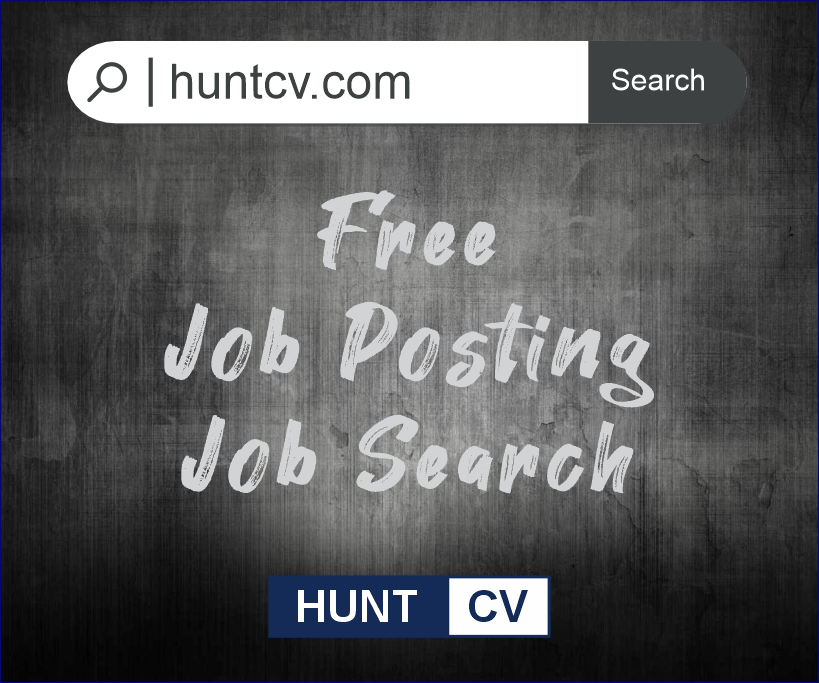Transformation
Becoming industry-ready involves a mix of technical skills, soft skills, and real-world experience. Here are some tips for students to prepare for a successful transition into the professional world:
Build a Strong Foundation
Master the Basics: Ensure a solid understanding of core concepts in your field, whether it's programming, design, engineering, etc. Stay Updated: Follow industry trends and advancements to keep your knowledge current.
Gain Practical Experience
Internships: Apply for internships to gain hands-on experience and understand industry workflows. Projects: Work on personal or academic projects that showcase your skills and creativity.
Develop Technical Skills
Communication: Develop strong written and verbal communication skills for clear and effective interactions.
Teamwork: Collaborate on group projects to build your ability to work well in a team.
Network Actively
Professional Networking: Attend industry events, webinars, and conferences to meet professionals and peers.
LinkedIn: Create and maintain a polished LinkedIn profile to connect with industry professionals and potential employers.
Build a Strong Resume and Portfolio
Resume: Craft a resume that highlights your skills, experiences, and accomplishments.
Portfolio: Create an online portfolio to showcase your projects, skills, and achievements.
Prepare for Interviews
Mock Interviews: Practice with mock interviews to improve your responses and gain confidence.
Research: Research common interview questions and prepare thoughtful answers.
Develop Problem-Solving Skills
Critical Thinking: Work on developing analytical and problem-solving skills that are highly valued in any industry.
Challenge Yourself: Engage in activities that push you to think creatively and solve complex problems.
Seek Feedback
Mentors: Find mentors who can provide guidance and constructive feedback on your progress.
Peer Reviews: Participate in peer reviews to learn from others and improve your work.
Stay Adaptable and Curious
Continuous Learning: Embrace lifelong learning to adapt to new technologies and methods.
Flexibility: Be open to different roles and responsibilities as you navigate your career path.
By focusing on these areas, students can better position themselves to enter the workforce with confidence and competence.
Important Information
Stay updated on the latest interview tips and resources!
Important Information
Stay updated on the latest interview tips and resources!
Important Information
Stay updated on the latest interview tips and resources!

.jpg)
